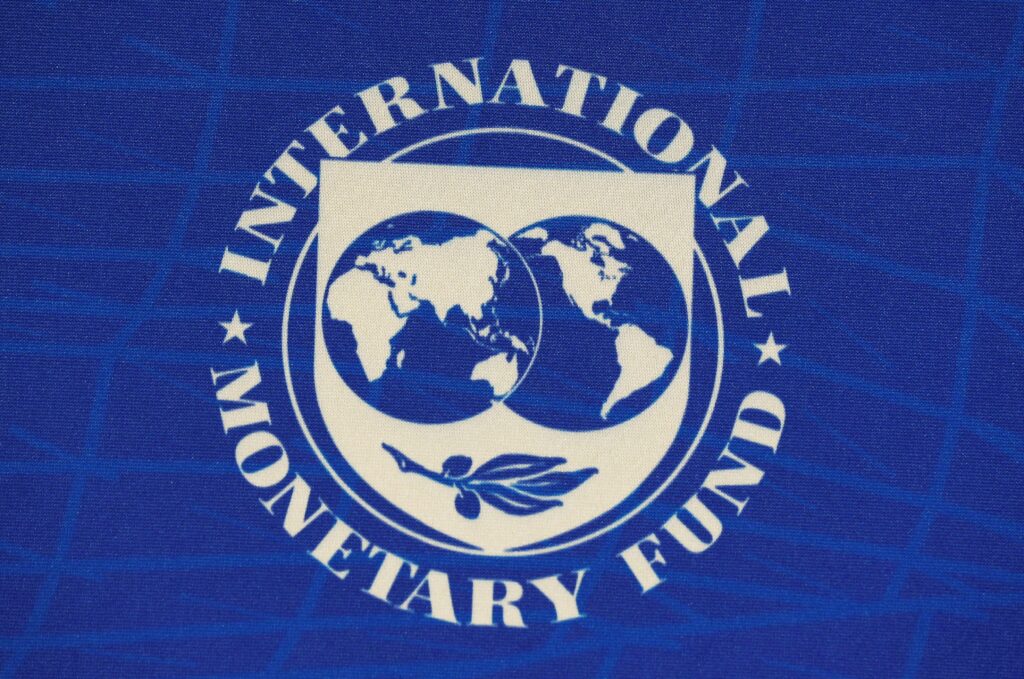The Executive Board of the International Monetary Fund (IMF) has approved a $1 billion disbursement for Pakistan under the Extended Fund Facility (EFF) following the successful completion of the first review of the country’s economic reform program. Additionally, the Board has approved a new arrangement under the Resilience and Sustainability Facility (RSF), granting Pakistan access to approximately $1.4 billion in support for climate resilience and long-term sustainability.
According to an official IMF statement, the EFF, which was originally approved on September 25, 2024, aims to support Pakistan in restoring macroeconomic stability, reinforcing structural reforms, and enabling sustainable economic growth. The total disbursement under the EFF now stands at around $2.1 billion.
The government’s economic reform agenda under the EFF focuses on rebuilding international reserves, broadening the tax base, improving the financial and operational performance of state-owned enterprises, and ensuring the viability of the energy sector. The program also supports measures aimed at building climate resilience and enhancing public sector efficiency.
The RSF arrangement is intended to help Pakistan address vulnerabilities to climate-related shocks by improving disaster preparedness, strengthening public investment processes, and promoting efficient water resource management. It also supports enhanced coordination between federal and provincial governments on climate-related financing and governance, and aims to improve the availability and transparency of climate risk disclosures by financial institutions and corporates.
The IMF noted that Pakistan’s policy implementation under the program has shown progress. A primary surplus of 2.0 percent of GDP was achieved during the first half of FY2025, and the country remains on course to meet its fiscal year-end target of 2.1 percent. Inflation dropped to a historic low of 0.3 percent in April 2025, allowing the State Bank of Pakistan to lower its policy rate by 1,100 basis points since June. Foreign exchange reserves improved from $9.4 billion in August 2024 to $10.3 billion at the end of April, with projections estimating reserves will rise to $13.9 billion by June 2025.
Following the Executive Board meeting, IMF Deputy Managing Director Nigel Clarke commended Pakistan for making important strides in restoring macroeconomic stability despite a difficult global environment. He noted that inflation has come down sharply and external buffers have strengthened significantly. However, he also emphasized that risks remain, particularly due to global economic uncertainty, geopolitical tensions, and persistent domestic structural challenges.
Clarke urged the government to continue implementing sound macroeconomic policies and to accelerate structural reforms that would support private sector-led, inclusive, and sustainable growth. He added that timely adjustments in electricity tariffs have helped control the stock and flow of circular debt. He also highlighted that cost-side reforms in the energy sector are beginning to show results but need to be advanced further to improve overall competitiveness.
He stressed that the State Bank’s monetary policy stance has been essential in curbing inflation, and that policy should remain tight and data-dependent to keep inflation expectations anchored. He noted that maintaining a flexible exchange rate is important for adjusting to external shocks and rebuilding reserves. He also pointed to the need for quick action to support undercapitalized financial institutions and to maintain financial sector stability.
In conclusion, Clarke stated that accelerating reforms under the RSF will strengthen Pakistan’s resilience to climate change and natural disasters. This, in turn, will contribute to long-term macroeconomic and fiscal stability, and support the country’s efforts to meet international climate commitments.

